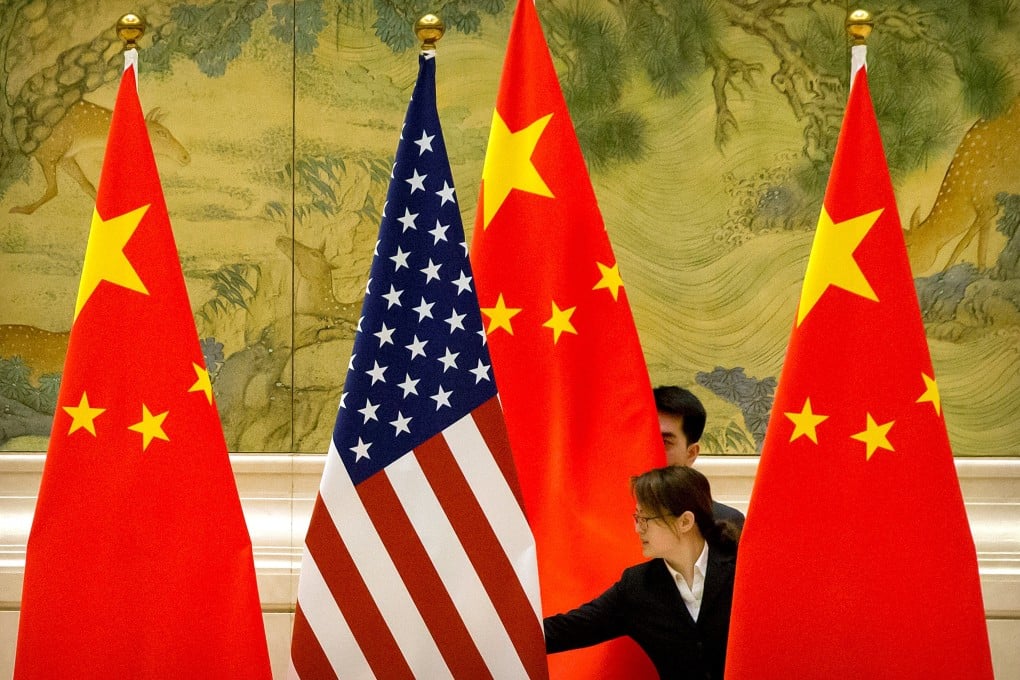US under Joe Biden must capitalise on, not thwart, China’s successes
- China’s policy wins do not have to mean US policy failures. Assuming China’s success in its geopolitical endeavours, such as the Belt and Road Initiative, and working backwards to maximise the US’ ability to capitalise on those outcomes would be using China’s momentum against it.

US president-elect Joe Biden will enter the White House in January to find America’s standing in the world substantially diminished and China’s on the rise.
A full recalculation of the US-China rivalry is needed, and it should focus on how the US can capitalise on China’s geopolitical successes rather than how it can prevent them.
American efforts to integrate China into the current rules-based international order – an order that has been underpinned by the US since the end of World War II – have proven ineffective, with China’s admission to and exploitation of the World Trade Organization being a prime example.

06:04
US-China relations: Joe Biden would approach China with more ‘regularity and normality’
China’s desire to create a new and separate international order that it leads has been a driving force behind its foreign policy in the 21st century.
